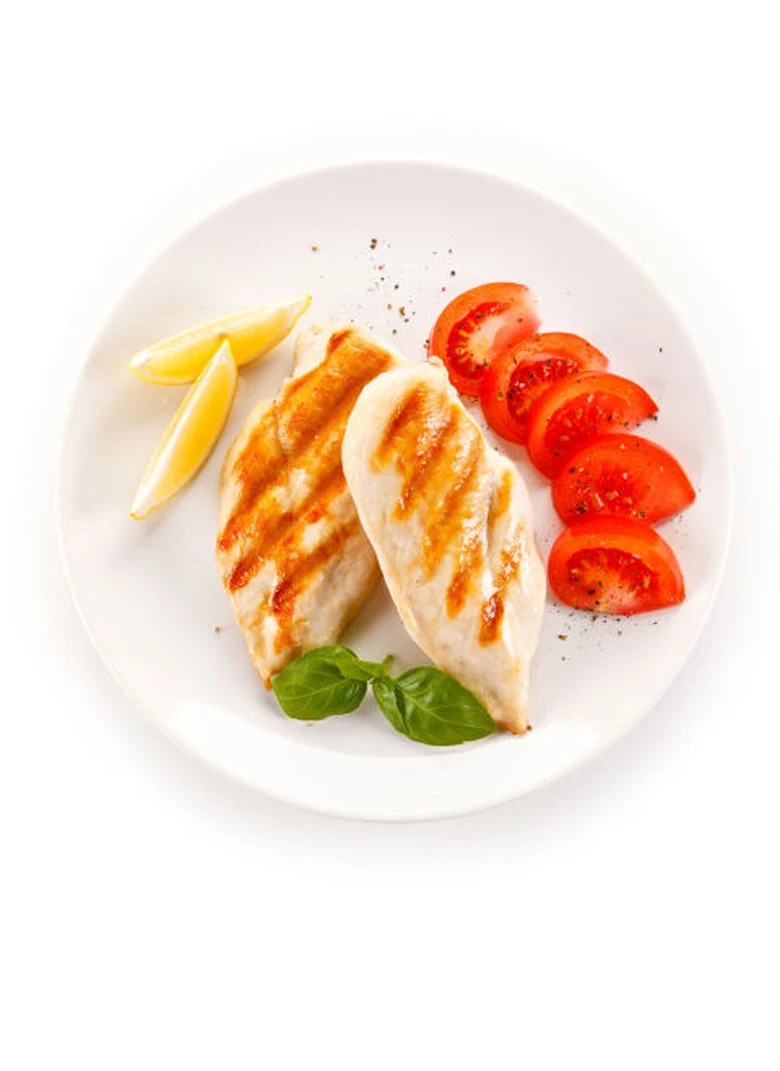![[feature]](https://blogger.googleusercontent.com/img/b/R29vZ2xl/AVvXsEj9GiiO7wF5Mr03s_jHOgGfyeIbEjQp_qgIyzrqeO7-TExkDBffcttUdc2xBuK96MdbBS0UN8lseG2MI9BZjJt9y35tDMeVeyszsvUrVls_MNdUslIbM4NHciy9vJqs2xMLlVo0e6ia6x8/s1600-rw/science-says-your-diet-isn-t-healthy-if-you-still-eat-this-one-thing_622381799-rosshelen-760x506.jpg)
Don't fall into these sneaky nutrition traps.
By Paula Derrow, Woman's Health
You do your best to squeeze in some fruit and maybe a salad between your commute, work, and throwing together a meal the kids will actually eat. Still, experts say you're probably not getting the nutrients you need.
You eat the same thing every day.
 |
| Getty |
"Even people who make it a habit to fill their grocery cart with produce often get into a rut, eating the same things over and over," says Angela Lemond, RDN, a registered dietitian in Plano, Texas. Research shows that a diverse diet can help ward off health issues like diabetes. The more varied your diet, the more crucial nutrients you'll get.
You only buy organic from a grocery store.
 |
| Getty |
Food from your grocery aisle that's labeled "organic" means that it was grown or made without any artificial chemicals. But if you're not adding locally grown food to the mix, you could be missing out on fresher, more nutritious food. In general, most nutrients begin to degrade the moment a piece of produce is picked, so the shorter time between the farm and your table, the better. Another reason to check out your neighborhood's farmer's market!
You only eat carrots for eye health—don't forget about other eye vitamins!
 |
| Getty |
Carrots are rich in betacarotene and vitamin A, which help maintain a healthy cornea. But to replace the nutrients that your eyes lose as you age, Shechtman suggests a diet full of key eye-healthy nutrients found in dark leafy greens, fortified eggs, colorful fruits, and bell peppers for eye health. Adding a daily supplement that contains lutein and zeaxanthin may help cover the bases. A supplement like Ocuvite, from the eye care experts at Bausch + Lomb, contains unique formulations of these eye-healthy nutrients to help cover the bases.*
You're trying to drop a few pounds.
 |
| Getty |
"When people want to lose weight, they tend to focus on what to take off their plate," says Lemond. Add food that's healthier instead. Her rec: Draw an imaginary line down the middle of your plate and fill one side with colorful veggies or fruit. Even if you're not a vegetarian, plant-based options should be taking up half the real estate to help ensure you get the five to nine recommended daily servings of fruit and vegetables.
You focus on getting enough "letter" vitamins.
 |
| Getty |
Certain vitamins (ahem, like C) get all the glory. But some of the most crucial nutrients are ones you may not have heard of. Lutein and zeaxanthin, for instance, are especially good for eye health. So are zinc and omega-3s. Look for a vitamin supplement that goes beyond the ABCs and includes these other eye-friendly nutrients.
You always order the chicken.
 |
| Getty |
If you snub fish—particularly cold water fish like sardines and salmon—for other healthy options, you may be missing out on omega-3 fatty acids, which are crucial for keeping your brain, heart, and eyes healthy. "Eighty percent of Americans don't get enough omega-3s," says Diana Shechtman, OD, professor of optometry at Nova Southeastern University College of Optometry in Florida. Ocuvite delivers key eye nutrients you need to help keep your eyes healthy, even if you're not a seafood lover.*
You've kept the same diet you had in your 20s.
 |
| Getty |
Even lifelong veggie lovers should change up their diet routine as they get older. "If you've been blessed with good health, it can be a shock to find out that you may become deficient in certain vitamins, minerals and nutrients as you age," a normal part of the aging process, says Angel Planells, MS, RDN, a registered dietitian in Seattle.
Your meals are monochrome.
 |
| Getty |
Maybe your idea of eating healthy is a piece of chicken breast, and, if you're being really good, some iceberg lettuce and sliced cucumbers. "It pays to eat a more colorful diet," says Lemond. Add dark leafy greens like kale and spinach to your plate, along with deep red and yellow peppers, and sweet potatoes. Then have some berries for dessert for good measure. Whatever you're craving, the more hues you consume, the better.
























